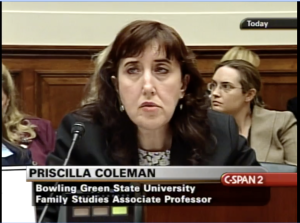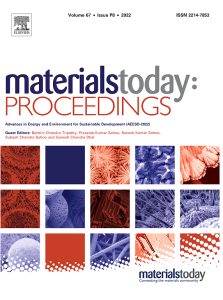
Would you consider a donation to support Weekend Reads, and our daily work? Thanks in advance.
The week at Retraction Watch featured:
- Exclusive: UCLA found a longtime researcher faked data – but made a strange mistake in its report
- Deceptive Academic Journals: An excerpt from The Predator Effect
- Pain researchers lose three papers after Cochrane group questioned data
- Author critical of study involving abortion hires lawyers after journal flags paper
- “A huge relief”: Journal takes down plagiarized paper after Retraction Watch reporting
Our list of retracted or withdrawn COVID-19 papers is up to 268. There are more than 36,000 retractions in our database — which powers retraction alerts in EndNote, LibKey, Papers, and Zotero. And have you seen our leaderboard of authors with the most retractions lately — or our list of top 10 most highly cited retracted papers?
Here’s what was happening elsewhere (some of these items may be paywalled, metered access, or require free registration to read):
Continue reading Weekend reads: A whistleblower finds possible misconduct — again; embracing failure; radical transparency for journals






